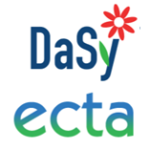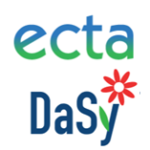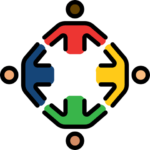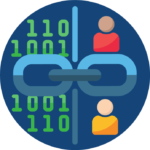April 11, 2024. Participating Part C and Part B, Section 619 Coordinators and other state agency staff, especially staff new to their role, will have an opportunity to ask TA providers questions, learn from colleagues around the country, and explore issues in a collegial environment.
Join ECTA and DaSy to discuss and share information about the child and family outcomes. Participating Part C and Part B, Section 619 Coordinators and other state agency staff, especially staff new to their role, will have an opportunity to ask TA providers questions, learn from colleagues around the country, and explore issues in a collegial environment.









